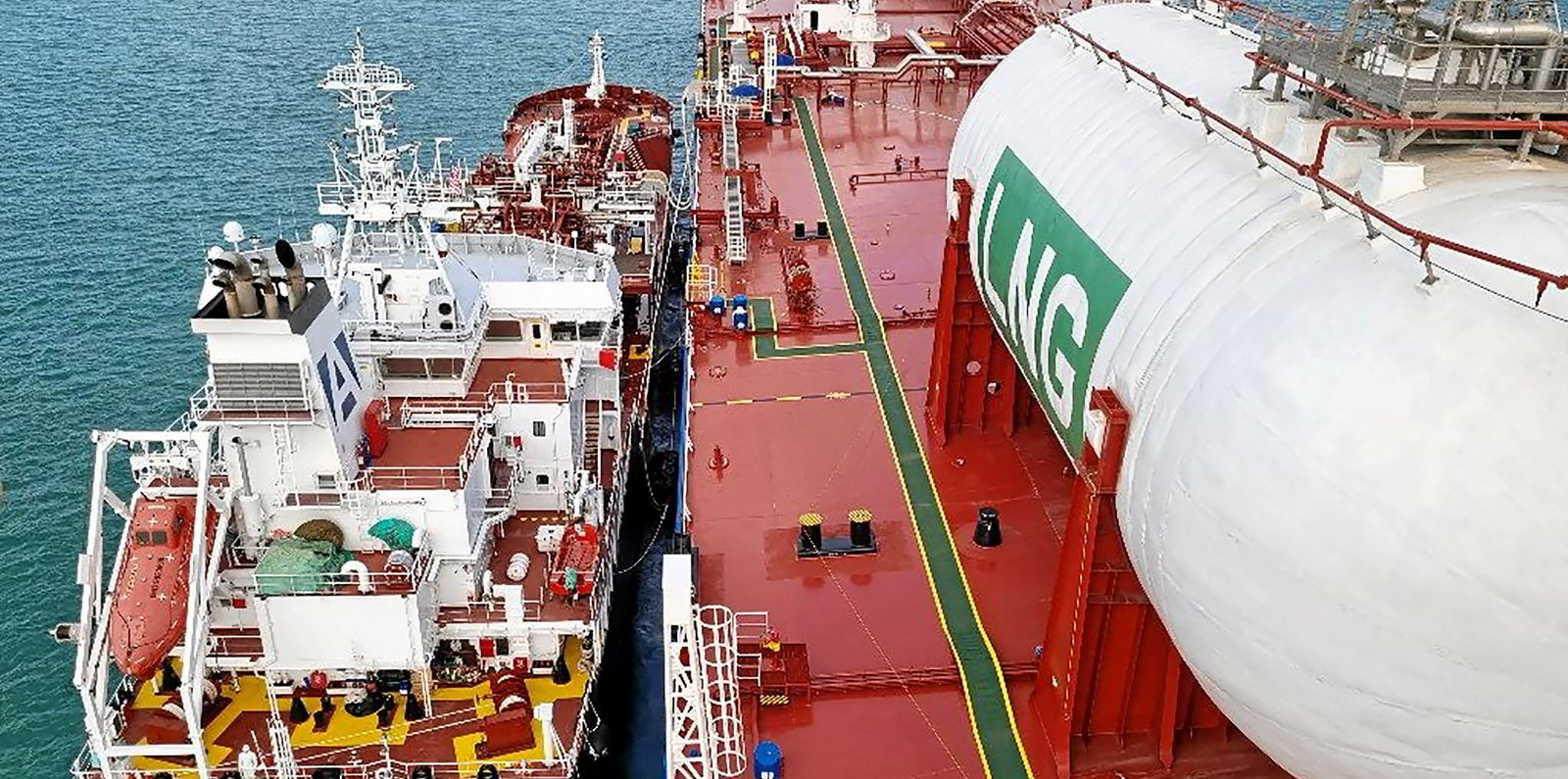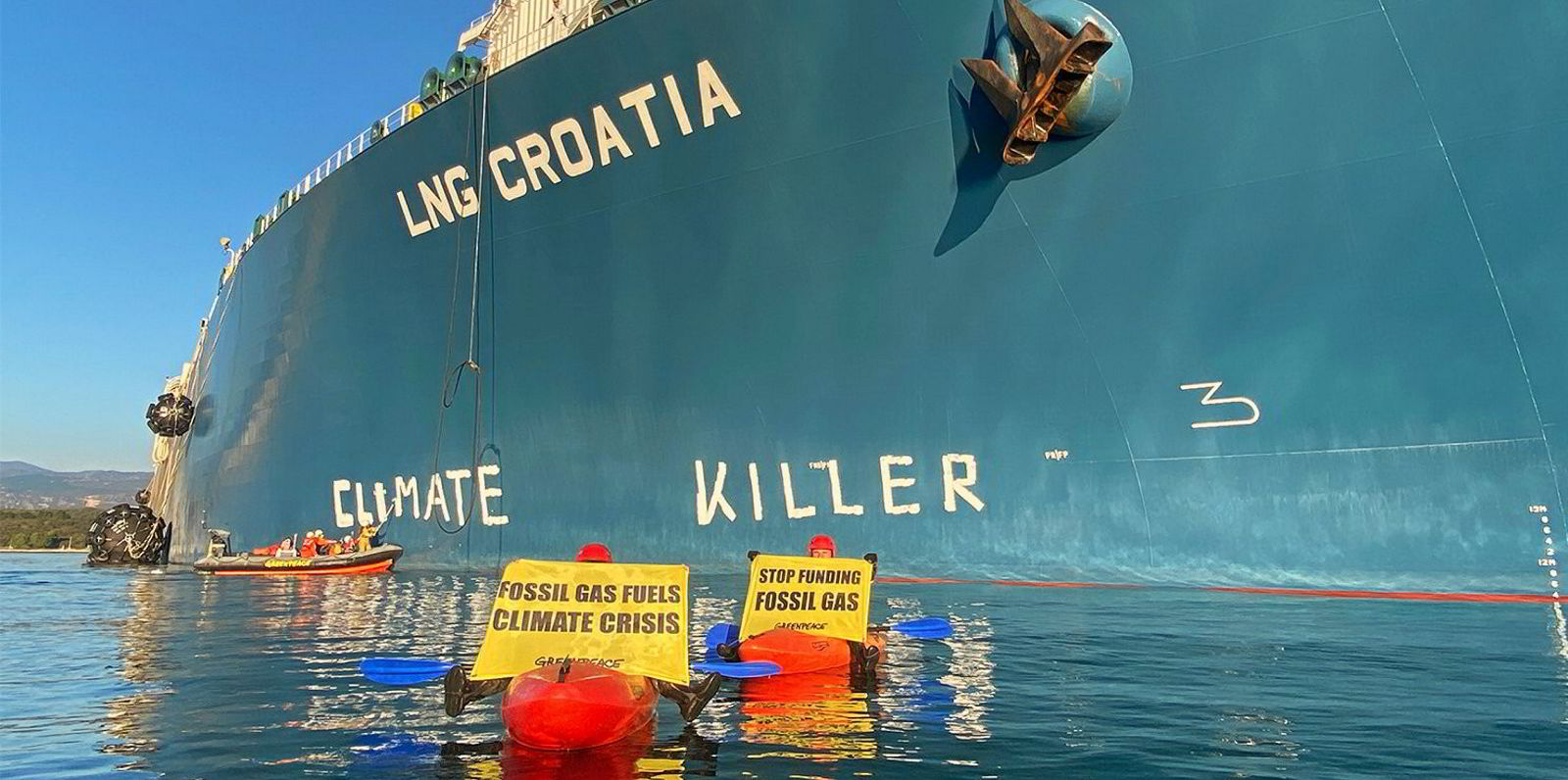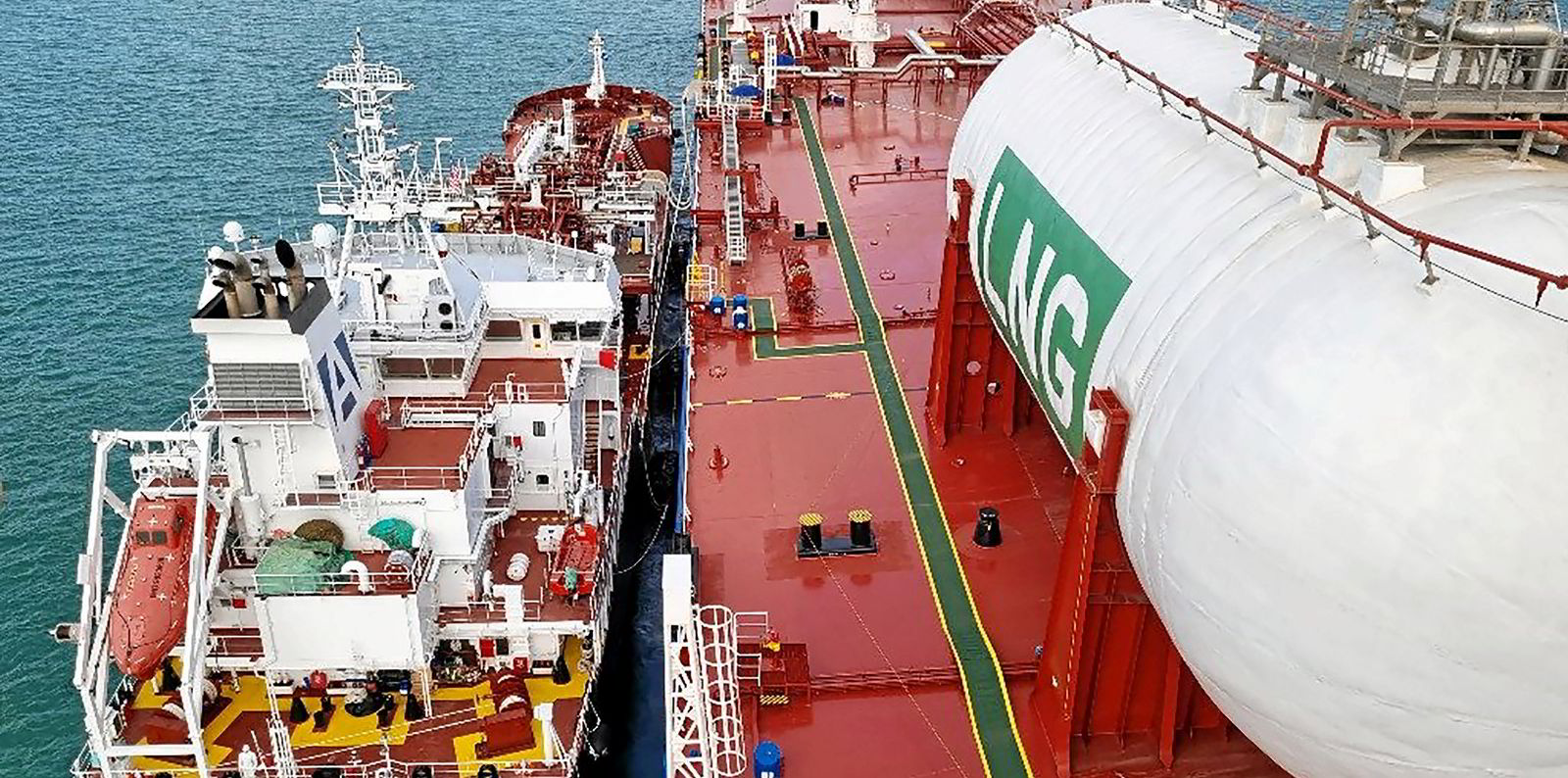All fossil marine fuels could be phased out by the European Union by 2050 if proposals adopted by the European Parliament’s Committee on Environment (ENVI) are included in the European Union’s draft law FuelEU Maritime.
ENVI adopted several key positions on 28 April.
These included stricter greenhouse gas targets that would restrict the use of LNG.
By raising the greenhouse gas reduction targets to reach a 100% cut by 2050 instead of 75% by 2050, would restrict the eligibility of fossil LNG-powered ships in the EU to 2035, the Global Strategic Communications Council said.
ENVI is also proposing extending the scope of the EU rules to ships above 400 gt instead of those over 5,000 gt and expanding the geographical scope to 100% of voyages including international journeys.
It also wants to see a stricter compliance system and is proposing higher penalties of €5,500 per tonne of non-compliant fuel instead of €2,400 per tonne.
There would also be targets and incentives for the uptake of sustainable fuels.
ENVI is proposing the introduction of a sub-target for ships and fuel suppliers to use a minimum 6% share of e-fuels or direct renewable energy by 2030, increasing every five years after this to up to 70% by 2050.

The environment committee also wants to see the inclusion of sustainability criteria which would see the exclusion of food and feed crop-based biofuels extended to intermediate crops and palm fatty acid distillates and the recognition of black carbon emissions among GHG pollutants.
FuelEU Maritime is the EU’s strategy to phase out fossil fuels from shipping and boost the uptake of alternative fuels in the sector.
This would impose gradually increasing minimum GHG intensity cuts in marine fuels and energy.
The draft law is currently being negotiated in the European Parliament and by EU governments.
ENVI is the first EU parliamentary committee to adopt a position on FuelEU Maritime.
The EU’s Committee on Industry, Research and Energy (ITRE) and Committee on Transport (TRAN) — will vote June and July, respectively.
Tiemo Wolken, rapporteur of the opinion, on the Committee's decision, said: “I am pleased that we are making an ambitious proposal.”
He said this will ensure a “swift transition to sustainable fuels”, adding that it is both necessary and feasible.
Wolken said shipping has to compete with other sectors for scarce renewable hydrogen supplies where other, more efficient solutions such as direct electrification can be used.
“We therefore need to be more ambitious and encourage both fuel suppliers and the demand side to use renewable fuels in maritime transport. This is also what we are ensuring through our proposals.”

Delphie Gozillon, who is sustainable shipping policy officer at campaign group Transport & Environment, said: “The ENVI vote has proven today that the FuelEU Maritime doesn't have to be a climate disaster for shipping.
“An e-fuel mandate will drive genuinely clean e-fuels instead of gas to avoid spewing vast amounts of methane into the atmosphere.
Gozillon added: “We call on MEPs from the TRAN and ITRE committees to go big too in their upcoming negotiations. The European Parliament can make this a reality in plenary by September.”






